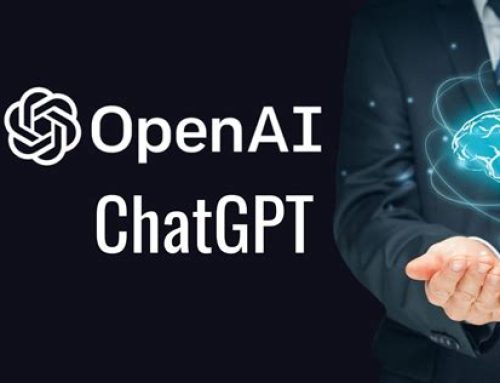On November 6th a multidisciplinary meeting took place in The Hague to look at the possibility to make a business case out of important societal issues using open data within the Smart City context. 5 issues had been selected for which a dream team was created by team leaders. The 5 issues were:
- Air quality
- Recreation (a day at the beach)
- Elderly care
- Empty buildings
- Energy
Each dream team worked on a proposition that would be pitched in public, commented by a jury and voted for by the people present.
The multidisciplinary dream team for Air Quality consisted of representatives of various ministries (health, innovation and infrastructures), technological innovators (sensors, open data, research), NGOs like the Lung Foundation, STIR foundation (City of Tomorrow), Environmental Defense and the AiREAS cooperation.
The dream team proposition was predictable at this stage and came out to building a low cost sensor for indoor and outdoor usage by individuals. The open data would help the citizen’s make their own quality of life decisions. Policy makers would have a cheap way of gathering huge amounts of data and technological drivers of innovation can come up with innovative ideas, products and services that would find a growing market among self aware citizens and policy makers. This would drive the development of a new economy.
The proposition won the challenge and received most votes. It is the first time that air quality was placed on the national agenda with the positive outcome of a value driven commitment and public recognition. In essence the steps taken were similar to what AiREAS did 4 years ago in the domain of the city of Eindhoven. AiREAS Eindhoven is developing phase 2 now with this complexity not could not yet find the support to role out on national level. Slowly the wave of awareness and commitment is growing and similar routes are necessarily followed that come to co-creation platforms and projects.
For AIREAS it was a confirmation that certain issues need to build up gradually with clear awareness steps, even if others have done this long before and function ahead of the rest. People need to find their own way. They are reluctant to simply accept the wisdom of someone else if they still have the challenge the fill in the empty gaps in their own awareness development. It is good to see that it is happening and people do the effort. For AiREAS this is important when we consider our expansion to other cities in the Netherlands and Europe. We need to understand the psychology of change and support the process instead of making people jump into processes that do not fit yet their level of understanding or personal development.
Our own STIR Academy will be able to help in this process by connecting people, steps and inspiration up to the level of implementation and measurable progress. Often we hear that “we should not want to reinvent the wheel over and over again” but in awareness we find that it is not the wheels that matter but learning how to drive. In Smart City context we see that people are capable of putting more wheels on their wagon when the are familiar with their own driving expertise. In air quality issues this is not different than the transformation of care systems, new economies, reuse of empty buildings or creating a biodiversity within a city.






Leave A Comment